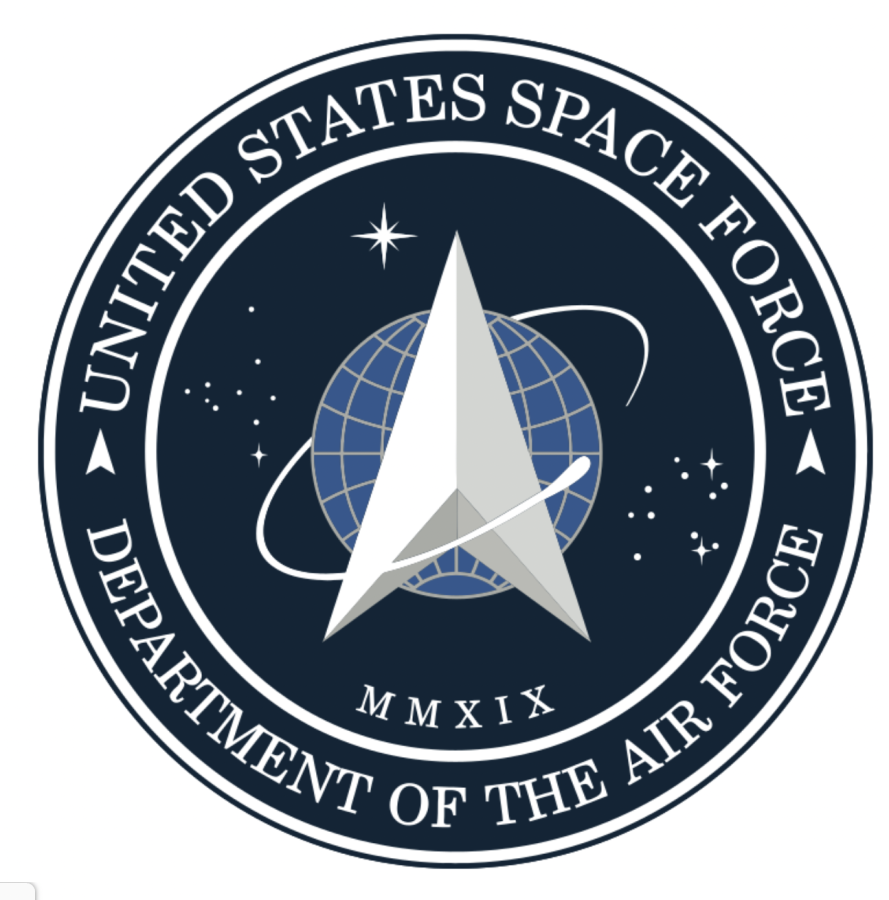Do We Need a Space Force?
May 31, 2022
The US Space Force was established on December 20, 2019, with the signing of the National Defense Authorization Act. The NDAA is a series of federal laws specifying the annual budget and expenditures of the U.S. Department of Defense. The iteration of this act passed under the Trump administration in 2019 gave the federal government the go-ahead to form the latest US military branch, Space Force.
As of 2022, the US Space Force remains the only independent Space Force in the World. And that begs the question, does the US really need a Space Force right now? Zoë Hartmoore ‘24 says, “No, there is no current need and a Space Force will only serve as a provocation in the eyes of foreign governments.” Hartmoore brings up an excellent point. The most recent international legislation in regards to Space is the 1967 Outer Space treaty. This treaty clearly states that the Moon and other celestial bodies shall be used exclusively for peaceful purposes and that the exploration and use of outer space shall be carried out for the benefit and in the interests of all countries and shall be the province of all mankind. With this in mind, it seems that there would be no need for a military Space Force with the current laws. So why do we have one?
The official US Space Force website states that “Space has become essential to our security and prosperity – so much so that we need a branch of our military dedicated to its defense, just like we have branches of the military dedicated to protecting and securing the air, land, and sea.” Space is definitely a big part of the future we’re heading into, so from a protective standpoint, a Space Force might seem more logical. But does it need to be an armed military branch?
“Well yes, If you’re not prepared for military action in space and somebody else does something, like China or Russia, then you lose. you have to prepare yourself,” says Mr. Lebauer, 8th-grade math teacher and Navy veteran. Lebauer’s point here is that the US can’t rely on other countries to uphold their promises to keep space a peaceful zone. Just like the old adage goes, “It’s better to be a warrior in a garden than a gardener in a war.”
Now, preparation for future extraterrestrial conflict is all well and good, but the majority of tax-paying Americans would rather their money go towards our numerous current problems on earth such as climate change or the pandemic. Mr. Clothier, a high school history teacher, says “ I’d be more curious about what private companies and institutions are doing in regard to space rather than the role that the military should play in space.” Clothier goes on to say, “ I’d rather see funds put into NASA than Space Force.” As it turns out, NASA and the Space Force do occasionally work in conjunction with each other. The two agencies are constantly sharing information on near-Earth object impacts and collaborate on topics such as human spaceflight, U.S. space policy, space transportation, standards and best practices for safe operations in space, and planetary defense.
Amidst the international political turmoil our government has found itself in during the past few years, it appears as if the Space Force should be at the back of the agenda. But many are calling this decade the second space race with Russia, China, and the US trying to establish a permanent base on the moon as soon as possible. While the military for space may seem kind of silly, with how much we depend on data from satellite connections, a Space Force is looking more and more like a necessity. We may not need it right this moment, but in the long run, it’s looking like a keeper.































